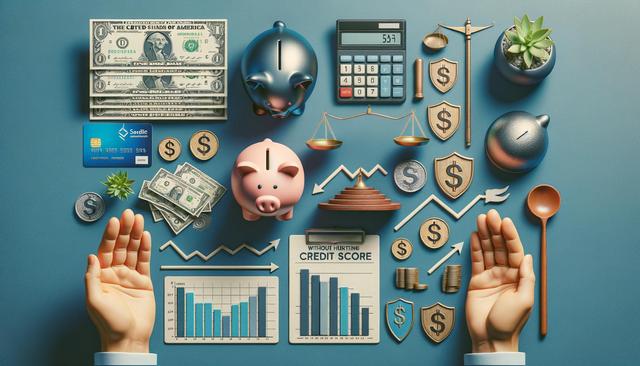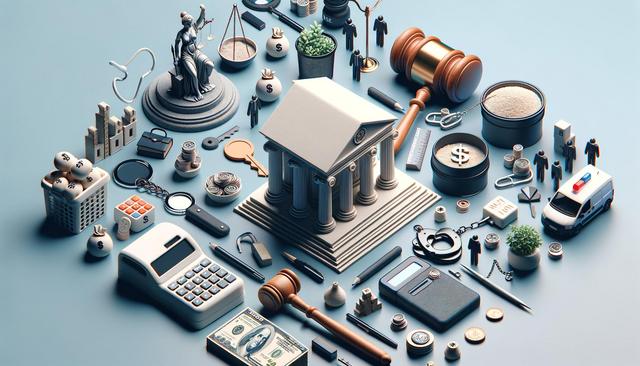Understanding Credit Card Debt Consolidation
Credit card debt consolidation is a financial strategy that involves combining multiple credit card balances into a single monthly payment. This approach aims to reduce your overall interest rate, simplify your repayment process, and potentially improve your credit profile over time. There are several ways to consolidate debt, and the right option depends on your financial situation and goals.
Common methods of consolidating credit card debt include:
- Balance transfer credit cards with low or 0% introductory rates
- Debt consolidation loans from banks, credit unions, or online lenders
- Home equity loans or lines of credit (HELOCs)
- Debt management plans offered by nonprofit credit counseling agencies
Each option has its pros and cons, but the key is to secure a lower interest rate than what you’re currently paying across your credit cards. This can help you pay off your debt faster and save money in the long run.
How Consolidation Can Reduce Monthly Payments
One of the primary benefits of consolidating credit card debt is the potential to lower your monthly payments. By combining high-interest balances into a loan or credit product with a lower interest rate, you may significantly reduce the total interest paid each month. Additionally, spreading the repayment over a longer term can make monthly payments more manageable.
Here are some ways consolidation can help reduce your bills:
- Lower interest rates mean less money spent on finance charges
- Fixed repayment terms provide predictable monthly payments
- One payment instead of several reduces the risk of missed deadlines
However, it’s important to be cautious. Extending your repayment period may lower your monthly payments but could increase the total amount paid over time. Evaluate your budget and goals to determine the most cost-effective approach.
Steps to Consolidate Credit Card Debt Effectively
Successfully consolidating your credit card debt involves careful planning and disciplined execution. Before choosing a consolidation method, assess your total debt, interest rates, and credit score. This information will help you compare options and find a solution that fits your needs.
Follow these steps to get started:
- Gather all credit card statements and calculate your total debt
- Review your credit report to understand your credit standing
- Compare consolidation options and lenders for rates and terms
- Apply for your chosen consolidation method
- Use the funds to pay off your credit card balances in full
- Commit to making consistent payments on your new loan or plan
Staying organized and maintaining timely payments is essential to ensuring the consolidation process works in your favor.
Will Debt Consolidation Hurt Your Credit Score?
Many people worry that consolidating credit card debt will negatively impact their credit score. While it’s true that applying for a new loan or credit card can cause a small, temporary dip due to a hard inquiry, consolidation can actually improve your credit over time when managed responsibly.
Here’s how consolidation can positively influence your credit score:
- Lower credit utilization ratio if you stop using paid-off cards
- Improved payment history with on-time repayment
- Simplified bill management reduces the chance of missed payments
To protect your credit during consolidation, avoid closing old accounts, maintain low balances, and continue making timely payments. Over time, these practices can help strengthen your credit profile and make it easier to qualify for future financial products.
Choosing the Right Consolidation Strategy for You
Not every consolidation method is suitable for everyone. The key is to match your financial circumstances with the right approach. For example, if you have good credit, a balance transfer credit card with a promotional rate may be a viable choice. If your credit is less than ideal, a debt management plan through a nonprofit agency might be more appropriate.
When evaluating your options, consider:
- What interest rate you qualify for
- Any fees associated with the consolidation method
- How long you’ll need to repay the debt
- Your ability to make consistent payments
Always read the terms and conditions carefully before committing. A thoughtful, informed decision can lead to long-term financial relief and a more structured path toward becoming debt-free.
Conclusion: Taking Control of Your Debt
Consolidating credit card debt into one lower payment can be a practical way to regain control of your finances. It simplifies your repayment process, may reduce your monthly expenses, and can positively impact your credit score over time—if managed responsibly. By understanding your options and choosing the right strategy for your financial situation, you can reduce stress, stay organized, and work steadily toward a debt-free future.




Leave a Reply